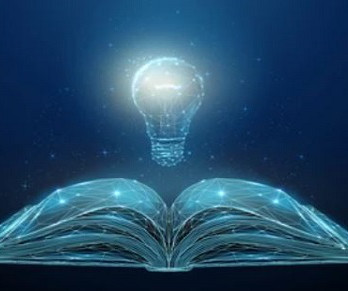Navigating the Global Intellectual Property Landscape: Key Treaties and Agreements
IIPRD
JUNE 24, 2024
‘The Paris Convention’, adopted in March 1883 and revised in the years 1900, 1911, 1925, 1934, 1958, 1967, and 1979, comprehensively addresses “patents, utility models, industrial designs, trademarks, service marks, trade names, and geographical indications”. [1]













Let's personalize your content